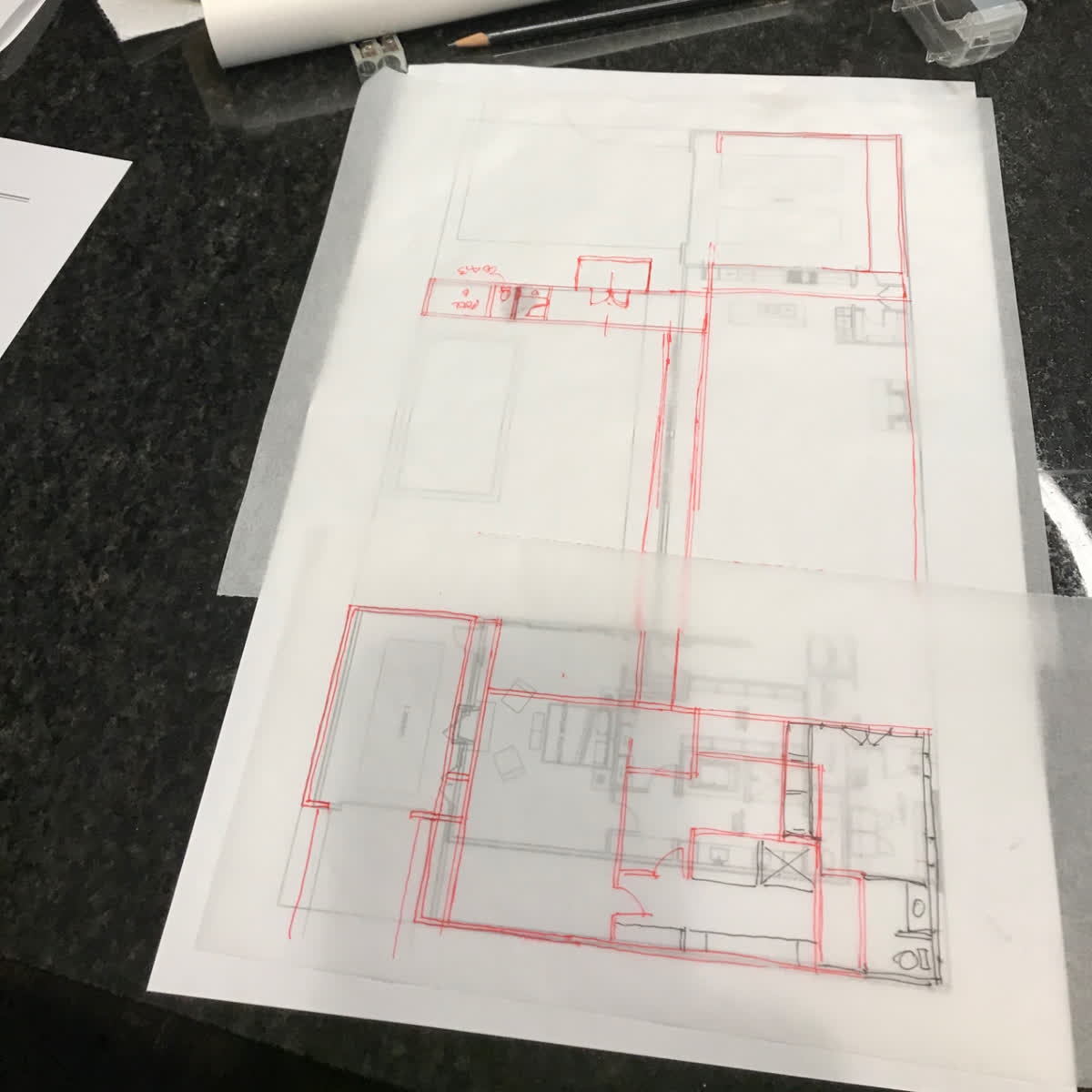
Residential Architect or Residential Designer?

A fellow Chamber member was surprised when I told her that Texas does not require an architectural seal for residential projects. (And I say that broadly, as I’m sure some jurisdictions might, depending on the type of project. I know Dallas would be fine if I left my seal off the drawings.) She simply assumed to design houses you needed to be a licensed architect.
Nope.
I cannot tell you the number of times I’ve seen project drawings from designers, design associates, designs studios, etc. Some good. Some not so good. Some really not so good.
Not to disparage designers. I know several people who despite having an architecture degree simply do not have a license for one reason or another. One person, in particular, was designing very high-end homes in Dallas and California when I was still in high school and could draw circles around some of the best. However, because he never completed his exams, he spent his career unlicensed.
Except after 40 years of practice, I still considered him an architect.
A licensed architect will typically possess a master’s degree in architecture; have completed a multi-year internship; and sat for and passed a series of exams administered by their state architecture board.
To be a residential designer, you simply call yourself that. You can have zero education. Or a degree. Or simply experience in one drafting class and you can hang out your shingle.
For the residential client, one must hope that the designer they hire is cognizant of building codes and various ordinances. That they understand structure and how buildings really go together. Know what an energy review requires. Or just have insurance should something go wrong.
Which means any client must do their homework and not be afraid to ask some basic questions:
- Where did you graduate from?
- Are you licensed and what’s your license number? (Any architect should be able to rattle that off in their sleep!)
- How long have you been working in residential design? (Important to ask because not all architects are comfortable with residential projects. The head of one of the largest commercial practices in Dallas hired a residential architect for his home because he only knew commercial design.)
- Are you insured?
And if there are any doubts about any of those answers, there’s always Google and the Texas Board of Architectural Examiners.
Because, as I told my fellow Chamber member, anyone can call themselves a residential designer.
Literally.
Anyone.

Recent Comments